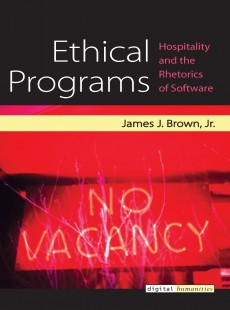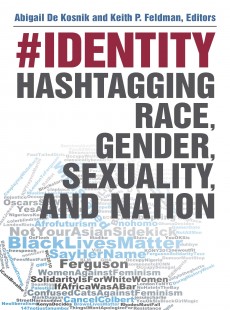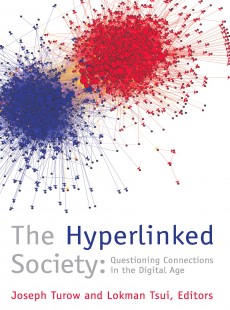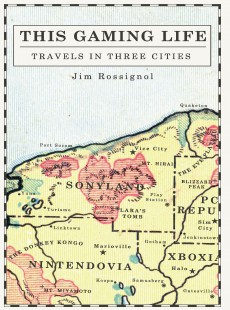Ethical Programs
Hospitality and the Rhetorics of Software
Jr. James J. Brown
 Publisher: University of Michigan Press
Publisher: University of Michigan Press
Imprint: University of Michigan Press
Published: 01/2015
Pages: 248
Subject: Social Science - Media Studies
Print ISBN: 9780472052738
eBook ISBN: 9780472900084
DESCRIPTION
Living in a networked world means never really getting to decide in
any thoroughgoing way who or what enters your 'space' (your laptop,
your iPhone, your thermostat . . . your home). With this as a basic
frame-of-reference, James J. Brown� Ethical Programs
examines and explores the rhetorical potential and problems of a
hospitality ethos suited to a new era of hosts and guests. Brown
reads a range of computational strategies and actors including the
general principles underwriting the Transmission Control Protocol
(TCP), which determines how packets of information can travel
through the internet, to the Obama election campaign� use of the
power of protocols to reach voters, harvest their data, incentivize
and, ultimately, shape their participation in the campaign. In
demonstrating the kind of rhetorical spaces networked software
establishes and the access it permits, prevents, and molds, Brown
makes a major contribution to the emergent discourse of software
studies as a major component of efforts in broad fields including
media studies, rhetorical studies, and cultural studies.
REVIEWS
“James J. Brown Jr. is without question one of the most sophisticated theorists working in the rapidly emerging field of digital rhetoric today. Not many writers can knowledgeably combine readings of continental philosophy, close interpretation of lines of computer code and data analytics, and commentary on Internet policies and practices; yet Brown does so expertly and confidently. This book is a must read in for scholars of digital culture interested in the politics of protocols. With examples that range from Wikipedia entries to updates from the Obama campaign website, the reader grows to understand not only how software promotes particular arguments but also how it advances an ethical agenda endowed with considerable nuance that must by necessity expand our understanding of conflict and hospitality.”
—Elizabeth Losh, University of California, San Diego
RELATED TITLES

 Publisher: University of Michigan Press
Publisher: University of Michigan Press






